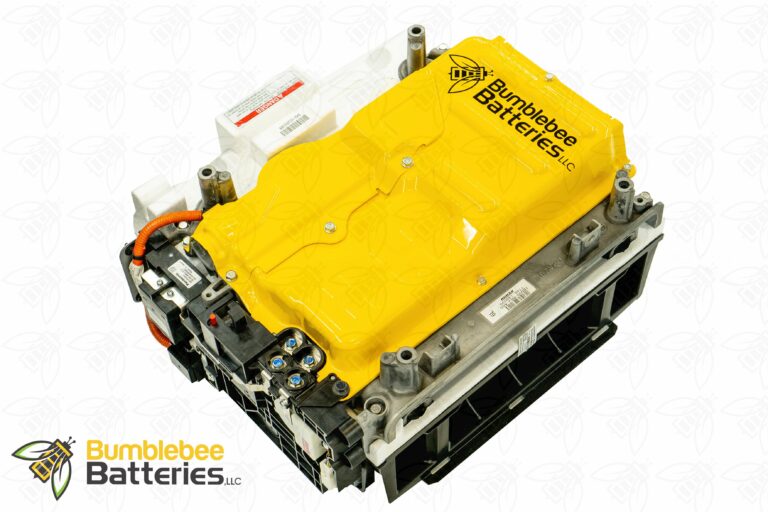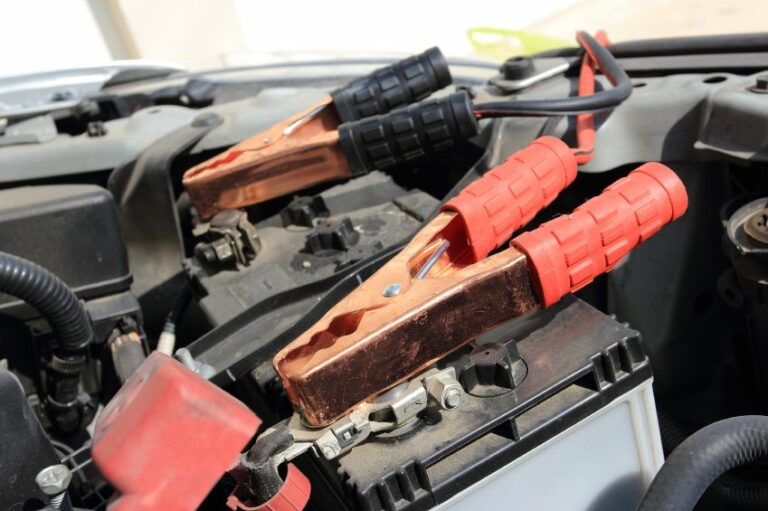Prevent Car Battery Sulfating: Effective Tips
Are you tired of dealing with a sulfated car battery? Wondering how to prevent car battery from sulfating? Well, you’re in luck! In this article, we will provide you with a simple and effective solution to keep your car battery running smoothly and avoid the frustrating and costly issue of sulfation. By following a few easy steps, you can ensure that your battery remains in optimal condition, allowing you to hit the road with confidence. So, let’s dive straight into the conversation and learn how to prevent car battery from sulfating.
How to Prevent Car Battery from Sulfating?
Car batteries are an essential component of any vehicle, providing the necessary power to start the engine and run various electrical systems. However, one common issue that car owners often encounter is sulfating, which can significantly reduce the lifespan and performance of a battery. Sulfating occurs when sulfate crystals build up on the battery plates, inhibiting the flow of electricity and leading to decreased capacity and efficiency.
In this article, we will explore various preventive measures you can take to minimize sulfating and ensure the longevity of your car battery. By following these tips, you can save money on frequent battery replacements and avoid inconvenient breakdowns.
1. Choose the Right Battery
The first step in preventing sulfating is to select the right battery for your vehicle. Consider the following factors when making your choice:
Battery Type
Opt for a high-quality, maintenance-free battery, preferably one designed specifically for your vehicle’s make and model. AGM (Absorbent Glass Mat) batteries are known for their resistance to sulfation and are a great option.
Cold Cranking Amps (CCA)
Ensure that the battery you choose has sufficient CCA for your vehicle’s requirements. Higher CCA ratings indicate better performance in cold weather conditions.
Battery Capacity
Select a battery with ample capacity to handle your vehicle’s electrical demands, especially if you have additional accessories or modifications.
2. Regular Maintenance
Proper battery maintenance is crucial to prevent sulfating. Here are some essential maintenance tasks:
Keep Battery Terminals Clean
Regularly inspect and clean the battery terminals to remove dirt, corrosion, and other residue. Use a mixture of baking soda and water or a specialized battery terminal cleaner for effective cleaning.
Tighten Connections
Ensure that the battery cables are securely tightened to prevent loose connections that can lead to poor charging and sulfation.
Check Electrolyte Levels (Flooded Batteries)
If you have a traditional flooded battery, regularly inspect the electrolyte levels and top up with distilled water as necessary. Maintain the electrolyte level above the battery plates to promote optimal performance and reduce sulfation.
Test the Charging System
Periodically test the charging system of your vehicle to ensure that it is functioning correctly. A faulty charging system can result in undercharging or overcharging the battery, leading to sulfation.
3. Prevent Deep Discharge
Deep discharging is a common cause of battery sulfation. Avoid fully discharging your battery whenever possible by following these guidelines:
Avoid Frequent Short Trips
Short trips do not provide sufficient time for the battery to recharge fully. If possible, combine multiple short trips into a single, longer journey to allow the battery to reach a higher state of charge.
Limit Electrical Load
Turn off unnecessary electrical loads such as headlights, interior lights, and infotainment systems when the engine is not running. Excessive electrical load can drain the battery faster and increase the likelihood of sulfation.
4. Consider Battery Maintenance Devices
Several battery maintenance devices are available in the market that can help prevent sulfation. While not essential, these devices can provide an additional layer of protection for your battery. Some options include:
Battery Maintainers/Trickle Chargers
Attach a battery maintainer or trickle charger when the vehicle is not in use for an extended period. These devices provide a constant low-level charge to prevent sulfation.
Desulfators
Desulfators emit high-frequency pulses that break down sulfate crystals on the battery plates, reducing or eliminating sulfation. They can be connected to the battery periodically or left permanently attached.
5. Store the Battery Properly
If you need to store your vehicle or battery for an extended period, proper storage techniques can prevent sulfation:
Charge the Battery
Before storing the battery, ensure it is fully charged. A fully charged battery is less prone to sulfation during storage.
Disconnect the Battery
If possible, disconnect the battery during storage to prevent any parasitic drainage or electrical demands that could lead to sulfation.
Store in a Cool, Dry Location
Choose a well-ventilated, cool, and dry location for storing the battery. Extreme temperatures and excess moisture can accelerate sulfation.
By implementing these preventive measures, you can significantly reduce the risk of sulfation and extend the life of your car battery. Remember that proper maintenance, choosing the right battery, and avoiding deep discharges are key factors in preventing sulfating. Regularly inspect and care for your battery, and it will reward you with reliable performance and longevity.
How to Revive a completely Dead Car Battery that won’t charge
Frequently Asked Questions
How can I prevent my car battery from sulfating?
Sulfating is a common issue that can significantly reduce the lifespan of your car battery. To prevent sulfating and extend the battery’s life, consider the following tips:
1. How frequently should I check my car battery’s water level?
Regularly check your car battery’s water level every 3-6 months. Ensure that the water level is above the plates but below the cell cap openings.
2. Can I use distilled water to maintain my car battery’s water level?
Yes, distilled water is recommended as it is free from impurities that can contribute to sulfation. Avoid using tap water as it contains minerals that may accelerate sulfating.
3. What steps can I take to avoid overcharging my car battery?
Avoid overcharging by ensuring that your vehicle’s charging system is in proper working order. Regularly check the charging voltage to prevent excessive charging, which can lead to sulfation.
4. Does regularly driving my car prevent sulfating?
Yes, frequent driving can help prevent sulfation. When a car is driven regularly, the battery gets recharged, reducing the chances of sulfation.
5. How can I protect my car battery during long periods of inactivity?
During extended periods of inactivity, it is advisable to use a battery maintainer or trickle charger. These devices provide a slow and steady charge, keeping the battery active and reducing the risk of sulfation.
6. Are there any additives or treatments available to prevent sulfation?
While there are additives and treatments marketed as sulfation prevention solutions, their effectiveness is debatable. Following proper battery maintenance practices and addressing any charging system issues is generally more effective for preventing sulfation.
7. Can extreme temperatures affect sulfation?
Yes, extreme temperatures can accelerate sulfation. It is essential to keep your car battery in a cool and well-ventilated area, especially during high-temperature conditions, to minimize sulfation risks.
Final Thoughts
To prevent car batteries from sulfating, it is important to take proactive measures. Regular maintenance and care can go a long way in extending the lifespan of your battery. Keeping the battery clean from dirt and debris, ensuring proper ventilation, and checking the electrolyte levels are essential steps. Additionally, avoiding deep discharge and using a battery maintainer can help prevent sulfation. By implementing these practices, you can effectively mitigate sulfation and ensure the smooth functioning of your car battery for a longer period.



